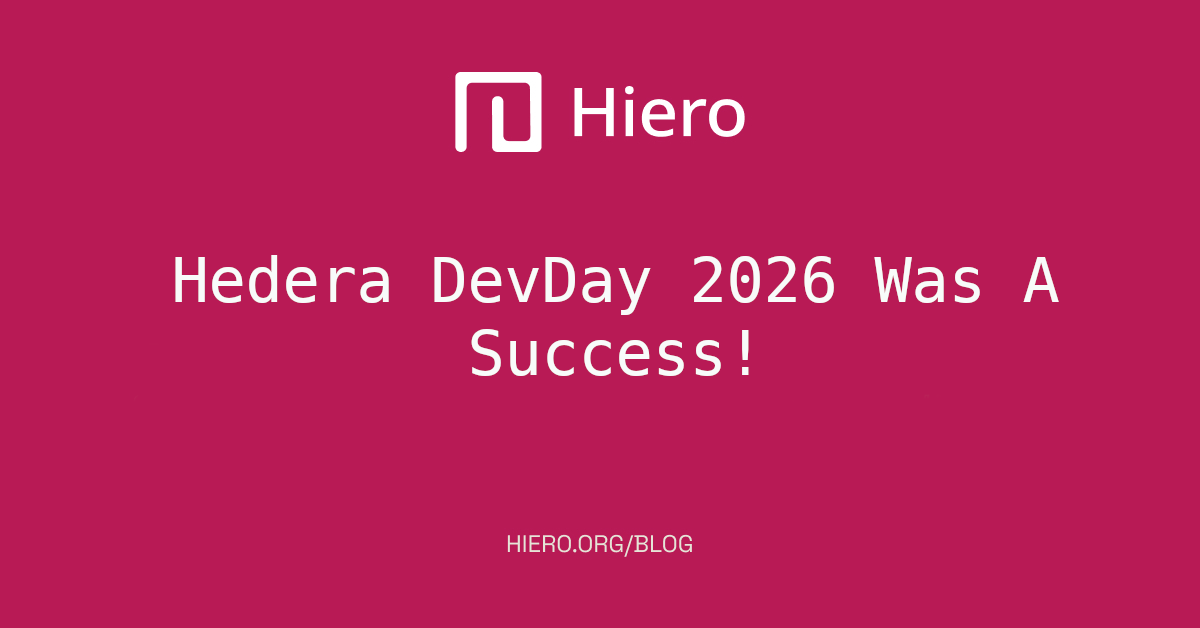Join the Next Chapter of the CLI! Explore Hiero CLI
📣 Join the Next Chapter of the CLI! Explore Hiero CLI
We’re thrilled to share a major milestone: the Hedera CLI is transitioned into Hiero CLI and is part of hiero-ledger!. This shift reflects not just a rebranding, but a deeper philosophical transition toward openness, extensibility, and community-driven development.
Read the full announcement in the LFDT blog site here: “Transitioning Hedera CLI to Hiero CLI: Embracing Open Source and Extensibility”
Summary of events
-
Project rehoming & governance shift - The CLI is moving from its original Hedera home into Hiero (in hiero-ledger) as part of LFDT’s open governance model. This unifies the tool with Hiero’s broader mission of neutral, collaborative infrastructure.
-
Evolution of architecture - The biggest technical change is the introduction of a plugin-based architecture. Instead of a monolithic CLI, there will be a stable core and plugin contracts so that anyone can extend or customize functionality via community-built modules.
-
Developer experience & use cases - The original Hedera CLI grew from internal scripts to a full-featured tool that supports automation, developer onboarding, and CI/CD workflows.
-
Community empowerment and future opportunities - Developers, integrators, and domain experts will be able to contribute plugins, tooling, and enhancements, all while preserving a stable, secure core.
🚀 Try the Hiero CLI
We’re extending an open invitation to developers, maintainers, writers, domain specialists, and anyone enthusiastic about decentralized tools. Whether you’re familiar and already using Hiero, new to distributed systems, or passionate about CLI tooling, there’s a place for you to participate!
Here’s how to get started:
-
Read the announcement linked above for details and context.
-
Explore the repository, check the current code, issues and PRs.
-
Install the CLI and experiment with it. Try some commands, see what works, and notice what’s missing.
-
Build a plugin.
-
Share feedback! File issues, propose enhancements, review pull requests, or join our discussions.
Recent Hiero Posts
-

HIP-1261: A Simplified Fee Model for Hiero
4 min read• February 24, 2026
An overview of HIP-1261 and how it introduces a simplified, deterministic fee model for Hiero networks.
-

Hiero Links For The Week of February 23rd
February 23, 2026
An overview of the updates that happened in Hiero during the week of February 23rd.
-

Hedera DevDay 2026 Was A Success!
February 20, 2026
Hedera DevDay united builders, maintainers, and innovators for an exciting deep dive into the next wave of Hedera initiatives for 2026.
-

Hiero Links For The Week of February 16th
February 16, 2026
An overview of the updates that happened in Hiero during the week of February 16th.
